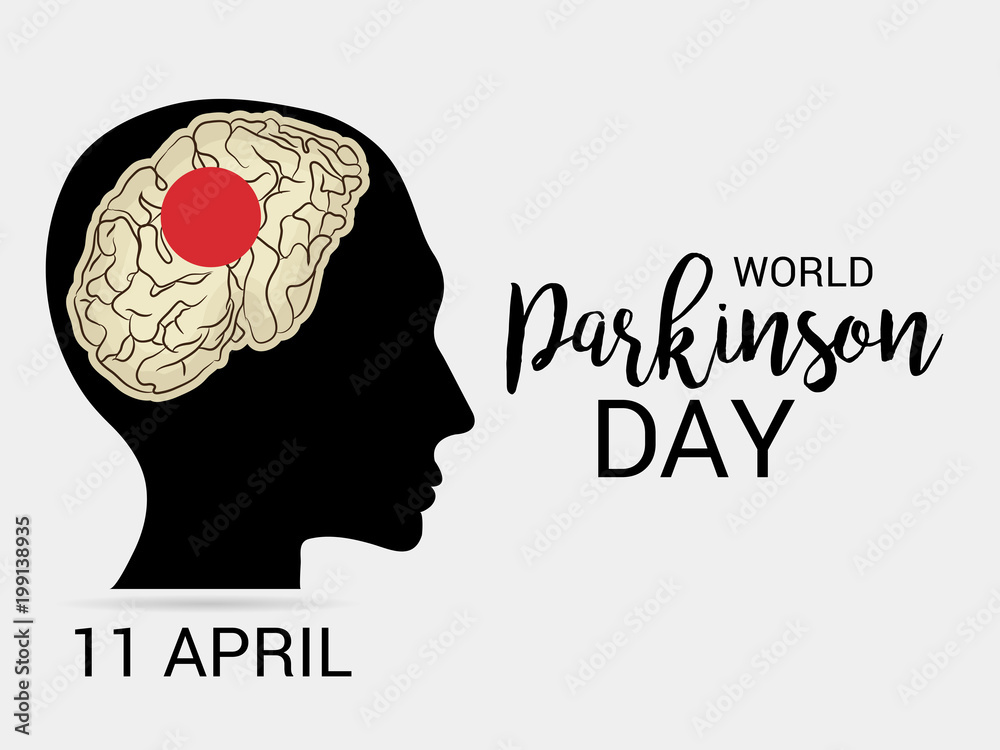Health
World Parkinson’s Day 2023: Guide For Caregivers

The World Health Organization (WHO) describes Parkinson’s disease as a “a degenerative condition of the brain associated with motor symptoms (slow movement, tremor, rigidity and imbalance) and other complications including cognitive impairment, mental health disorders, sleep disorders and pain and sensory disturbances.”
Globally, more than 8.5 million individuals have Parkinson’s Disease.
According to Prof. Paresh Doshi, Director of Neurosurgery and Department of Restorative and Regenerative Medicine, Jaslok Hospital and Research Centre, Mumbai, “Parkinson’s disease causes degeneration of cells in the area of the brain called substantia nigra. This cell loss causes the loss of dopamine, a neurotransmitter. Usually, when there is a loss of around 80 per cent of cells of substantia nigra, the initial symptoms of Parkinson’s disease are seen.”
As such, people with Parkinson’s disease often need to rely on caregivers for most activities — from driving them to doctor’s appointments to helping them get dressed.
Prof. Doshi also said, “Initially, the role of the caregiver is to be supportive and provide the necessary environment in terms of positivity and understanding to the person suffering from Parkinson’s disease.
GWG.ng reports these caregiver tips;
Educate yourself: As a caregiver, it’s essential to be familiar with the different aspects of the disease. This will help ensure better care for patient.
Ensure the house is well-lit: Make sure entrances, hallways and staircases in the house are bright and clear.
Consult an occupational therapist: An occupational therapist can evaluate your living situation and suggest ways to make it safer.
Simplify dressing: Your loved one may struggle with buttons, zippers and laces. It can be helpful to keep tools such as zipper pulls, button aids and long-handled shoehorns for them to use. Alternatively, you can choose options with velcro or elasticated closures.
Encourage them to seek support: Motivate the person to seek therapy or join a support group to help them process their emotions and develop coping skills.
Cook dishes that are easy on their gut
Help them participate in activities such as meditation and breathing techniques to relax their symptoms and help them get involved in hobbies, including painting and music
Research shows that caregiver burden is high among Parkinson’s caregivers, who likely face emotional, social, physical and financial challenges as a result.
Prof. Doshi noted that caregivers should also have their own personal time and maintain their quality of life. “This can be done by various methods, such as doing part-time work, socialising, engaging in personal hobbies or taking a break.”
Source: The Indian Express
Send Us A Press Statement Advertise With Us Contact Us
And For More Nigerian News Visit GWG.NG


